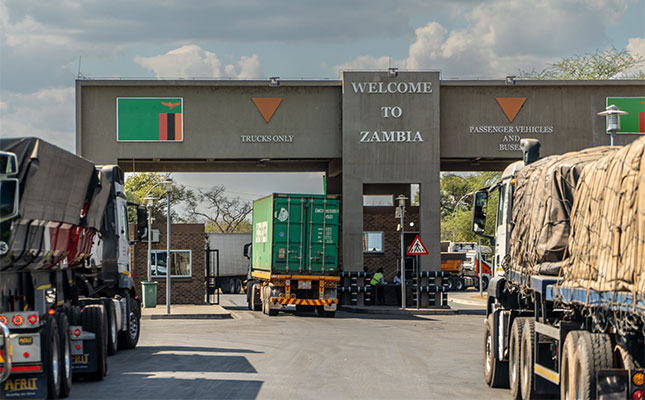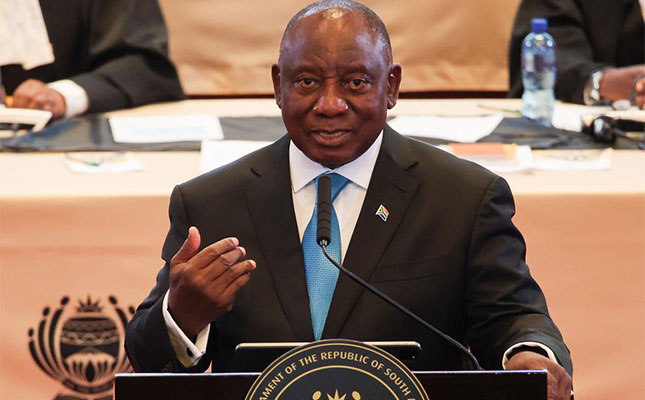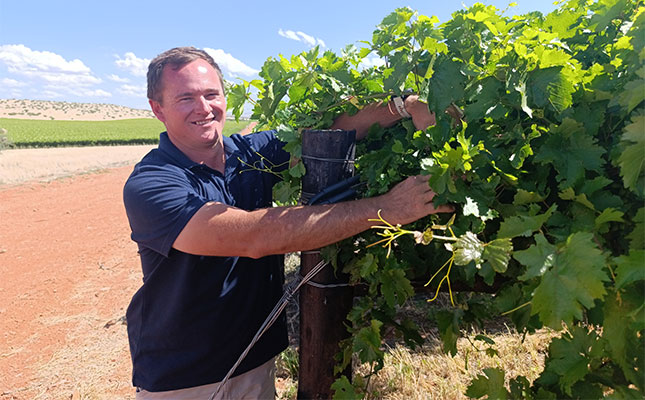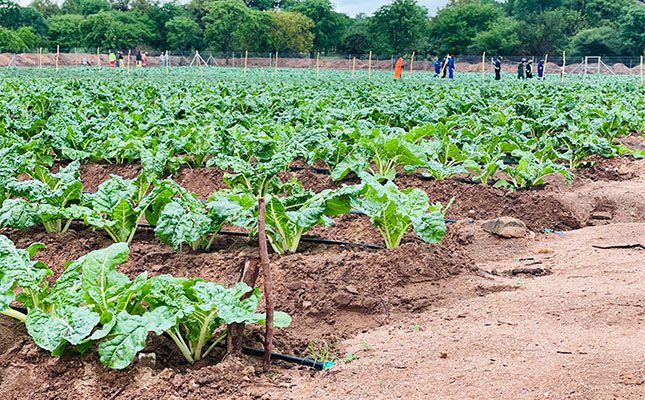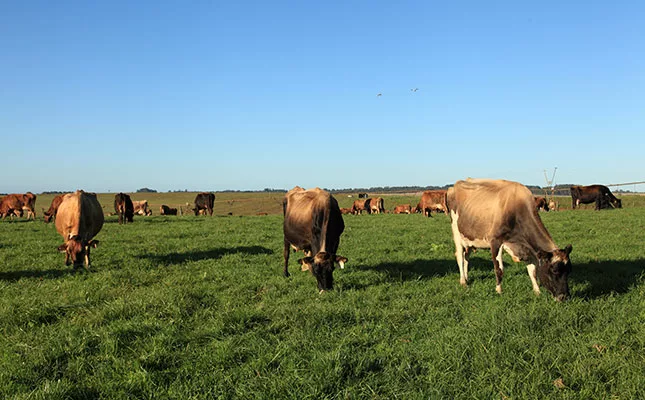
The need for an alternative supply of vaccines to combat the outbreak of foot-and-mouth disease (FMD) in South Africa has intensified in the wake of the temporary halt in production at the Botswana Vaccine Institute (BVI) for scheduled sterilisation upgrades. The facility is only expected to resume manufacturing in January 2026, placing pressure on South Africa’s vaccine reserves.
Dr Peter Evans, lead veterinarian at the Red Meat Industry Services Operational Centre, and member of the Industry-Government Task Team on Animal Disease Prevention, Management, and Control, told Farmer’s Weekly there are several advantages to the Dollvet vaccine.
“The Dollvet vaccine is oil-based and provides longer-lasting immunity compared to the [water-based] vaccine previously sourced from BVI, which typically provides around three months’ protection. Indications are that if all boxes are ticked, we may get the Dollvet vaccine in January 2026,” he said.
According to Evans, the vaccine may be particularly useful for dairies and stud operations seeking to reduce the risk of infection. He also emphasised the need for careful planning regarding dosage requirements and long-term disease control strategy.
“Dairies alone may require approximately 800 000 doses if preventative vaccination is extended to all herds outside uninfected zones. For stud herds, widespread vaccination still requires further discussion in the context of national contingency planning,” he explained.
The Milk Producers’ Organisation (MPO) has long advocated for preventative vaccination as a proactive disease mitigation measure. In a communication sent to members last week, MPO Chief Executive Fanie Ferreira said concerns had grown over current vaccine availability and performance. He confirmed that the organisation is working with government to support the evaluation of the Dollvet vaccine.
“However, we remain concerned about clarity on current national vaccine inventories. At this stage, we have only confirmed information on volumes procured for the feedlot sector,” Ferreira noted.
Carina Pieterse, communications manager at the MPO, said that once the Dollvet vaccine was available, commercial distribution would be controlled through veterinarian-led risk assessments.
“Preventive vaccination will be approved only where such an assessment deems it necessary and supports a motivation submitted to the assigned state veterinarian. The MPO will act as administrator, facilitating the purchase process and serving as the link between farmers, veterinarians, and relevant authorities,” she added.
Pieterse said that once the vaccine is in use, dairy farms will need to make several operational changes: “The Dollvet vaccine is a 12-month, oil-based formulation with a DIVA [differentiation of infected from vaccinated animals] marker, requiring a biannual booster shot. This means dairy farms will need to plan for two vaccination rounds per year and coordinate these schedules under the adjusted protocol once approved.”
DIVA involves the use of marker vaccines and companion diagnostic tests that detect specific immune responses. This allows veterinarians to distinguish between animals that have been exposed to a live virus and those that have only been vaccinated against the disease.
According to her, the MPO continues to advocate for preventative vaccination as a long-term disease control strategy.
“The organisation is actively engaging with key stakeholders to identify alternative vaccine solutions and influence the review and reform of national vaccination protocols. The MPO also supports greater industry and private veterinary involvement in FMD management to ensure timely, practical, and effective protection for the national dairy herd.
“The MPO reiterates that FMD remains a state-controlled disease, and that [the organisation] remains fully committed to working within the regulatory framework while ensuring that the industry’s collective voice is represented in the development of sustainable, science-based, and proactive solutions for the South African dairy industry,” Pieterse said.
Get trusted farming news from Farmers Weekly in Google Top Stories.
➕ Add Farmers Weekly to Google ✔ Takes 10 seconds · ✔ Remove anytime
